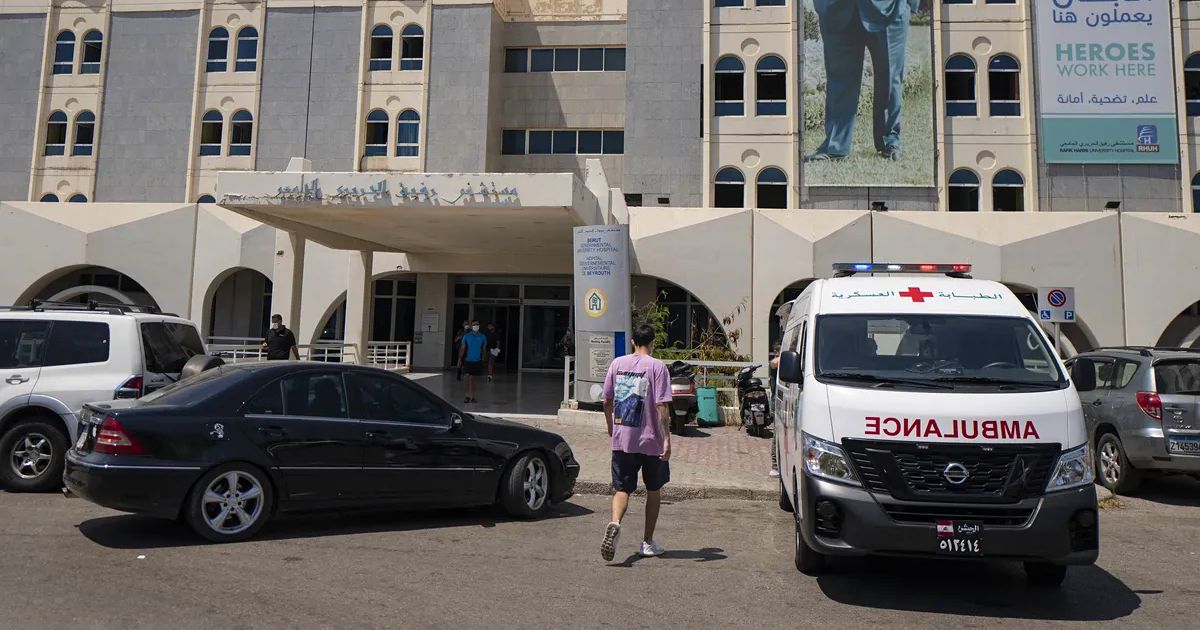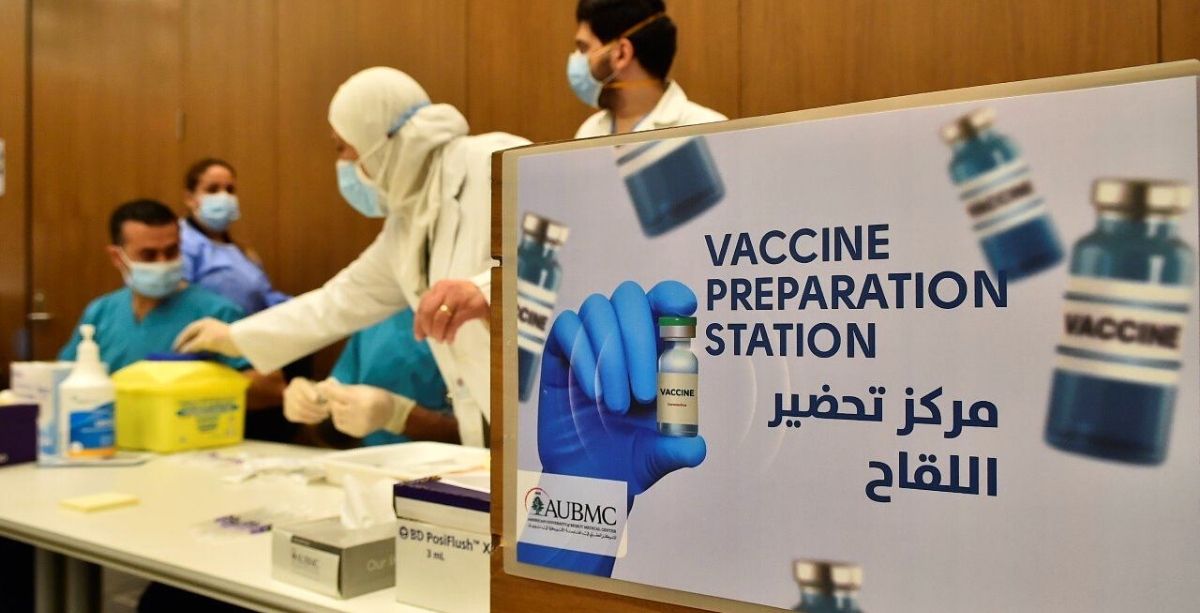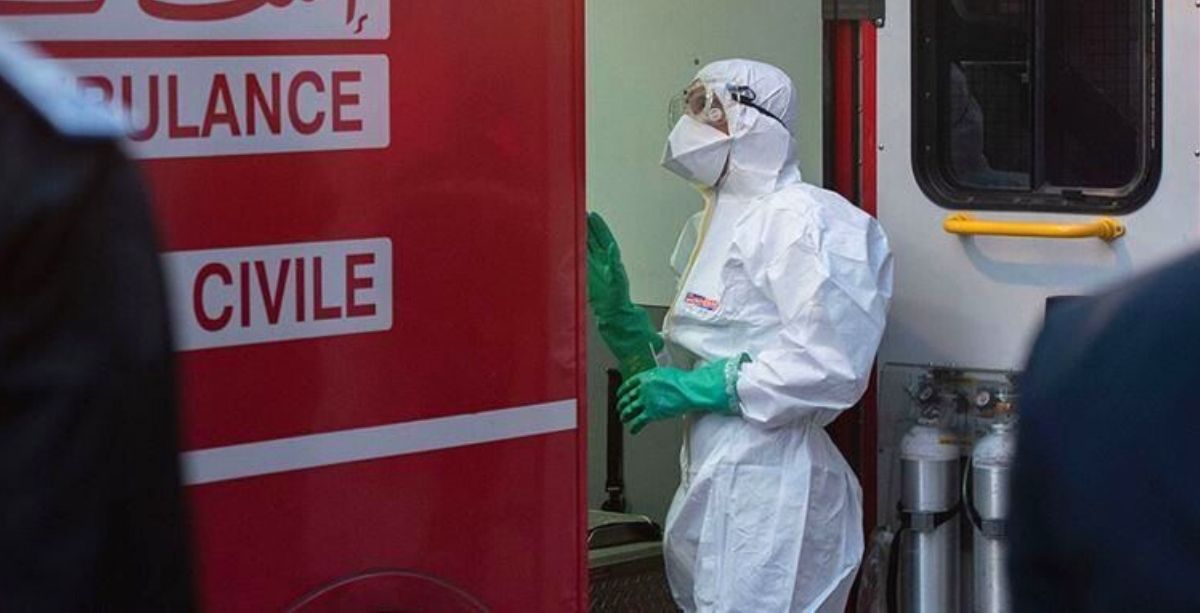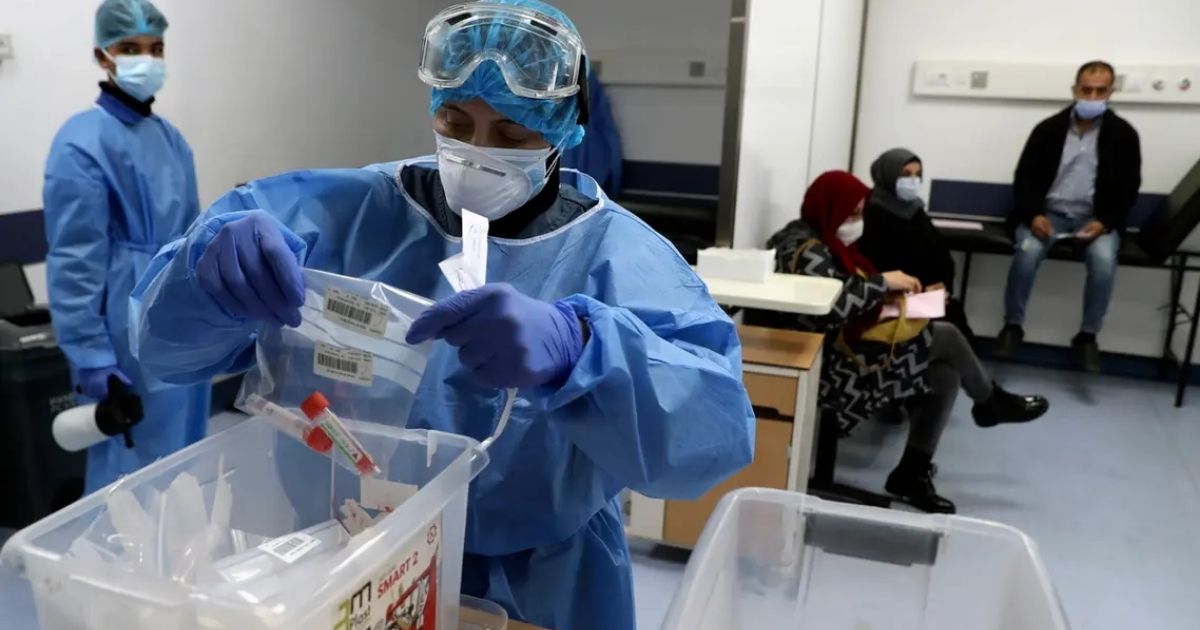According to Human Rights Watch, the lockdown on Saturday will increase economic suffering unless the government develops an emergency social safety net for a population struggling to cope with more financial shocks.
Lebanon’s Higher Defense Council discussed on Tuesday measures to combat the Covid-19 pandemic in the country, which has seen an alarming increase in new cases and related deaths in recent weeks. A full lockdown is the only option now to contain the outbreak, as health experts warn the healthcare system is reaching full capacity.
“A new lockdown will do little to curb the virus spread if it is not part of a wider national strategy to improve testing and contact tracing, increase hospital capacity, and properly enforce lockdown and social distancing rules,” warned Human Rights Watch.
“More than 55% of Lebanon’s population lives under the poverty line, double last year’s figures, while the number of people living in extreme poverty has tripled from 8% in 2019 to 23% in 2020. Meanwhile, the cost of food and non-alcoholic beverages rose by more than 300%.”
Under human rights law, the government is forced to make sure that every citizen has enough food, water, health care, and other basic needs, including when the population is under a stay-at-home policy.
The past lockdown that was implemented in Lebanon during March and April brought to light the many short-comings of Lebanon’s social protection system, as the government responded to the pandemic without a timely, clear, coordinated plan to provide any kind of aid.
The government’s plans to provide food assistance never happened, and it has repeatedly postponed the promised financial relief.
However, many Lebanese citizens today are in need more than ever. The government needs to urgently develop and implement a direct aid program to give people the resources they need to survive the crisis.
Officials should clearly discuss and present their economic relief plans to the public and clarify eligibility, timeline, and procedures.
Lebanon’s hospitals are reaching their limits. Unless Lebanon wants an even worse humanitarian disaster, it should provide people with the security that they can abide by public health measures without worrying about their next meal.













